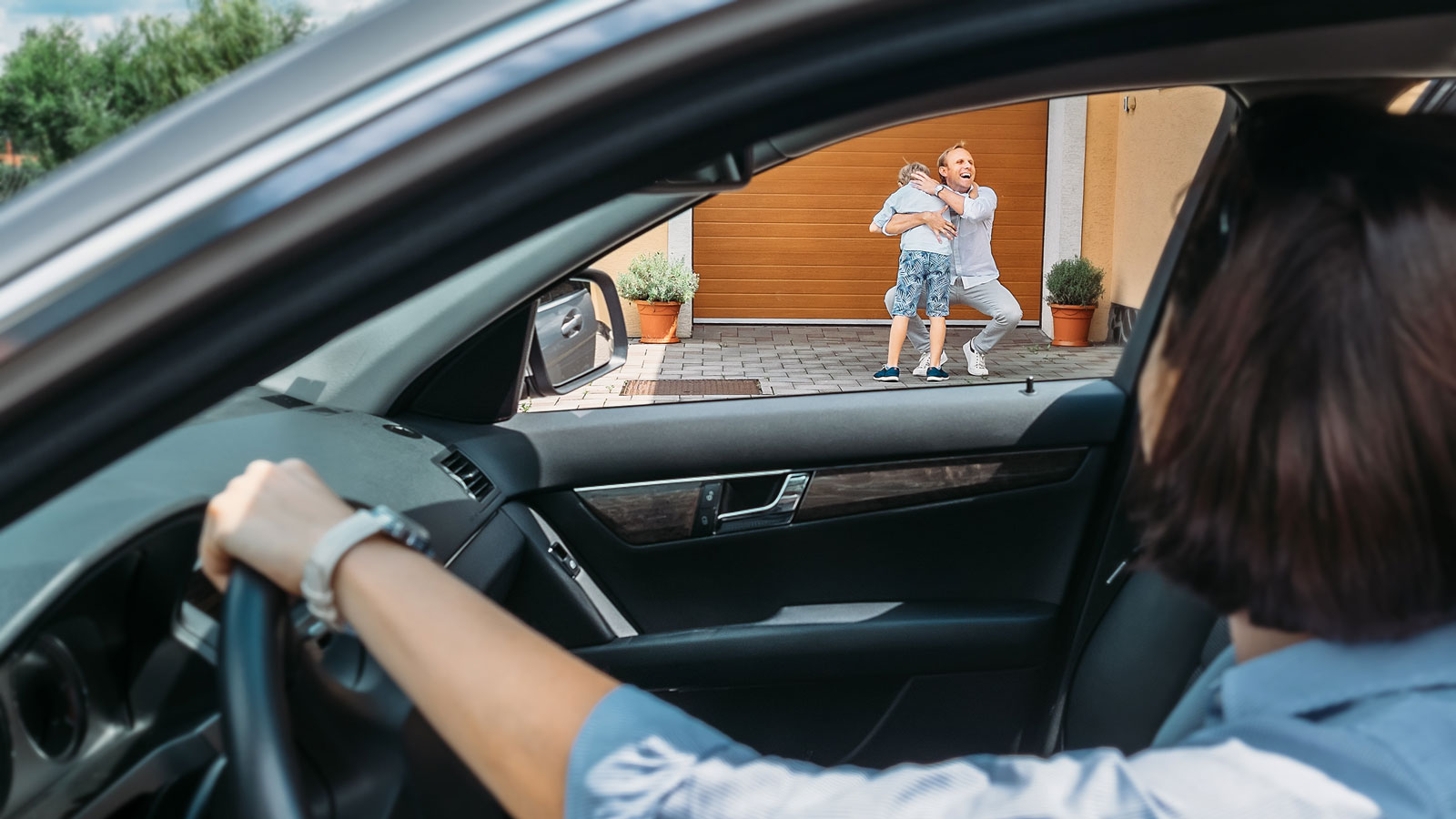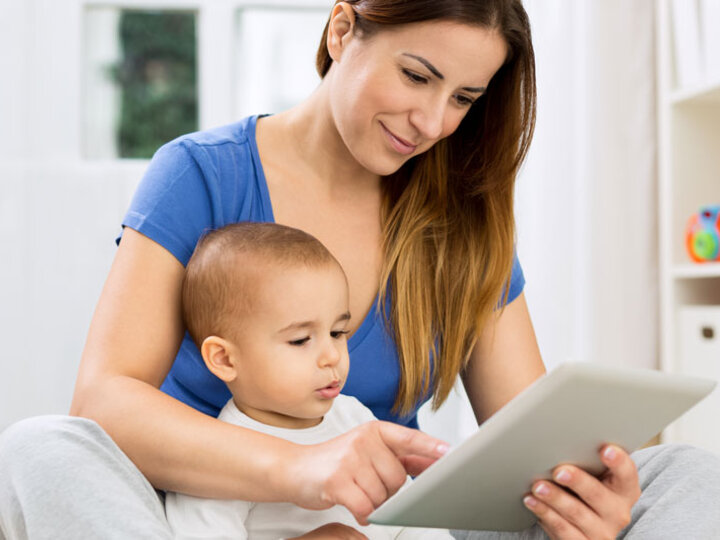Co-Parenting for Successful Kids
Complete the online course at your own pace.
Click here to register at any time Download 2026 Brochure En Español Course Login Mobile Course App
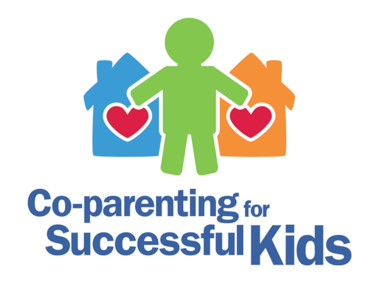
What Is Co-Parenting for Successful Kids?
Since 1999, our parenting education course delivered by Nebraska Extension has supported 18,000 parents caring for over 42,000 children. Co-Parenting for Successful Kids is an automatically accepted parenting class across Nebraska.
The class is for anyone who is required to complete a parenting class who is in the process of divorce, custody modification, or separation. The course provides concrete steps for parents to use to help their children succeed through the process.
Do you have questions about Co-parenting for Successful Kids? Wondering if there are additional resources regarding how to support your child(ren) at this time? Need assistance logging into your course? Please give us a call toll-free at 1 (855) 308-8037 or send us an email at parenting@unl.edu and a member of Nebraska Extension’s Co-parenting for Successful Kids will get back to you. We’re here to help.
Register Now for the Co-Parenting for Successful Kids Class
¿Quieres tomar este curso en español?
¡Regístrate aquí!
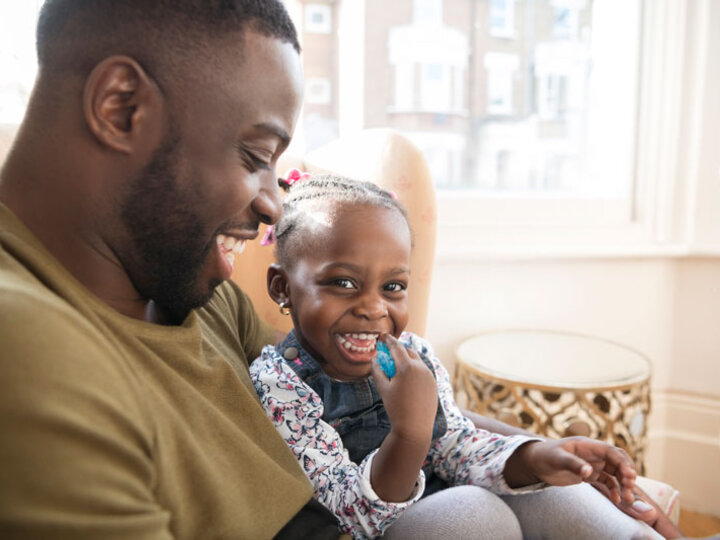
Frequently Asked Questions
Is your class court-approved?
Yes, the University of Nebraska–Lincoln’s Co-parenting for Successful Kids program is an approved provider. Whether your case is in Douglas County, the Panhandle, or elsewhere in the state of Nebraska, our class meets the requirements of the New Parent Act as amended by LB 554 since the law was first introduced.
Do I get a certificate?
Yes, you get a certificate that you access after completing the course. It will be emailed directly to you. If you attend an onsite course you receive a certificate from the instructor at the conclusion of the course.
Can I take it online?
Yes, the University of Nebraska–Lincoln’s Co-parenting for Successful Kids program is an approved online provider. If you are taking the course on a mobile device or tablet we also have an app! Please email us so we can help you download the Moodle app.
Nebraska Parenting Act Information
How long does it take?
Our online and onsite co-parenting classes take approximately 3 to 4 hours. However, online is self-paced. You can log in and out and complete the course when it is convenient for you.
What if I have questions online, will someone really get back to me?
Yes. Our course has a dedicated customer service toll-free number and email. Typically, we respond within one business day. We know that this can be a stressful period for you and your family. Don’t hesitate to call or email us, we’re here to help.
What’s the cost? Do you have a reduced fee?
The general registration fee is $55; however, you may be eligible for a reduced fee based on income. We offer a sliding fee ranging from $45 to $25.
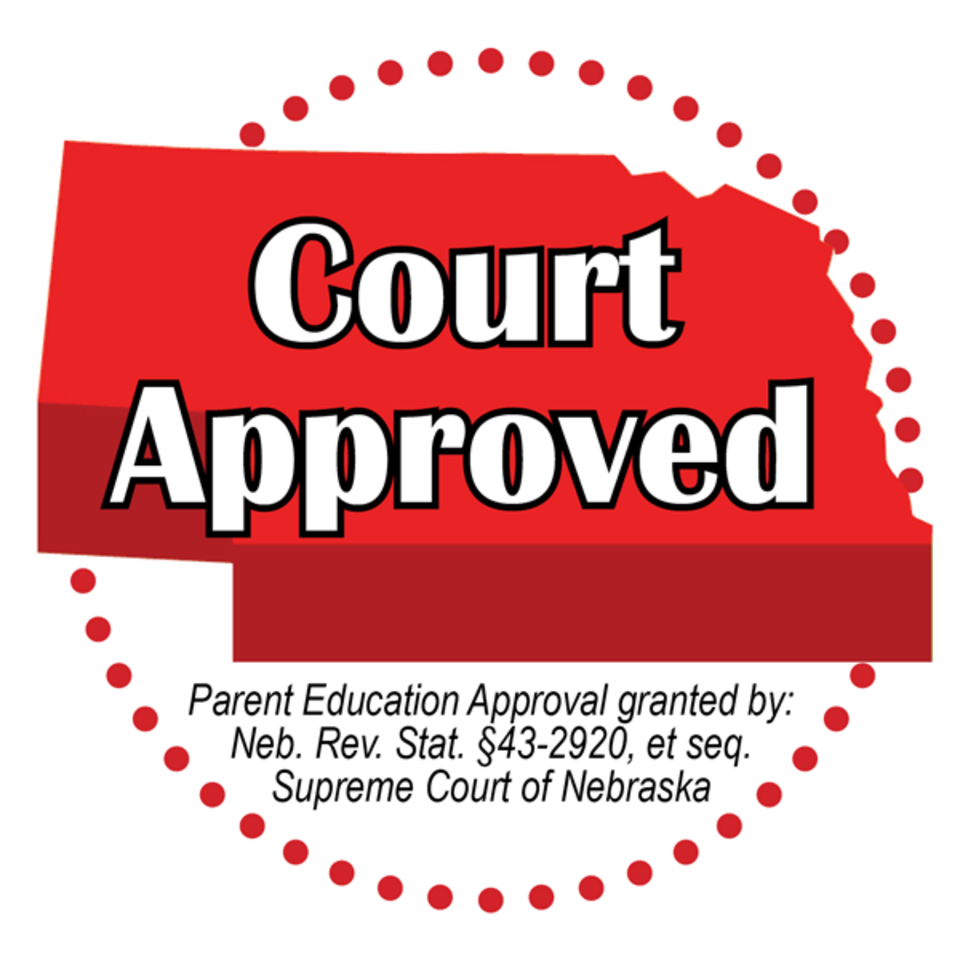
This course has made me realize that even the little things that I say or the things that I pay little attention to can have a major impact on my children.
— Participant

I have learned from this course to not use the children as objects in our conflicts or try to "get one over" on the other co-parent.
— Participant
Additional Resources
- I want to support my child, how do I start?
- At times my child's behavior is challenging, what can I do?
- I find talking with the other co-parent challenging, what can I do?
- At times I feel overwhelmed and stressed out, what can I do?
- I think my child is experiencing grief, but I’m not sure. How do I know? What can I do to help?
- My child attends childcare. How can my child’s teacher help my child during this transition?
- My child and I don’t live in the same household right now, but I want to stay connected. What can I do?
- What happens to children when they are exposed to conflict during transitions from pick up or return for one house to the next? Is it stressful for them?
